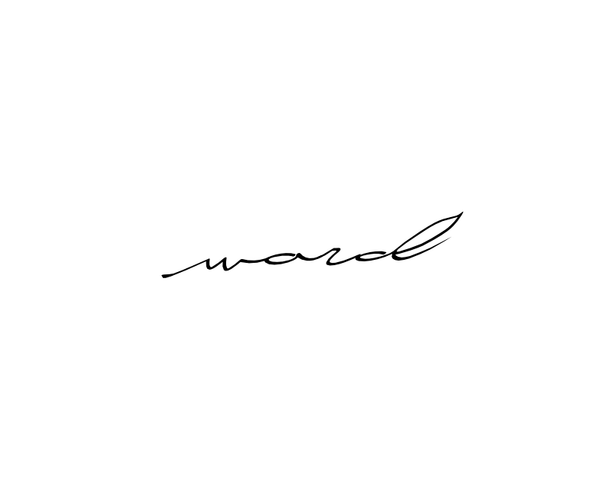ABOUT : SPECIALTY COFFEE
ABOUT : SPECIALTY COFFEE

In 1978, Erna Kunutsen, president of Kunutsen Coffee in the United States, was the first to use the term "specialty coffee" at the International Coffee Congress in France to describe "a new category of coffee with distinctive flavor characteristics that result from the microclimate created by a special geographical environment," and proposed its existence.
At the beginning of the 1970s, the United States, the largest consumer of coffee, was in the midst of a bulk market of mass production and mass consumption, and needed to import a lot of goods to meet the huge demand. Coffee was no exception to this, and quality was neglected, with emphasis placed only on quantity. This trend rapidly lowered the value of coffee, and consumers lost interest in it due to the saturation of so-called bad-tasting coffee. From this point on, coffee consumption continued to decline, and with the rise of soft drinks, coffee lost even more of its appeal as a beverage.
In this situation, roasters around the world misread the message from consumers and, reflecting on their past overemphasis on quantity, started to try to bring back coffee as an attractive drink for consumers. In a market dominated by cheap coffee, they boldly put forward high added value, offered consumers the most attractive flavor characteristics at the time, and questioned its existence.
Buyers visit the producing areas to inspect the farms, pay added value (premiums) for the production of coffee of the quality they require, and educate consumers on the new quality standards required by the consumer country. Through these new initiatives, coffee, which was previously just a market commodity, was elevated to a "specialty coffee" with new value.
In addition, a system of paying for quality has motivated producers, leading to research into the development of new varieties, soil and fertilizers, and production and processing methods. Auction programs such as the Cup of Excellence provide opportunities to interact with roasters, who are the actual consumers, and this has led to direct transactions known as "direct trade."
Today, this two-way relationship has strengthened, and the concept of the path from producer to consumer, "From Seed to Cup," has further developed, making specialty coffee more diverse and constantly evolving.
